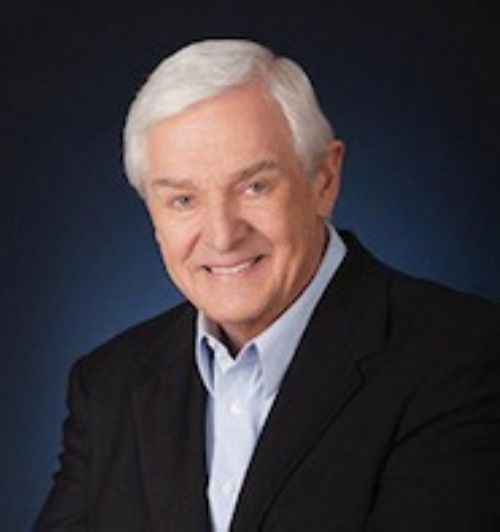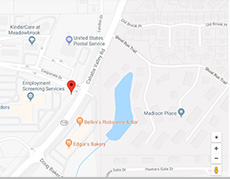A silk merchant in China in 200 B.C. would have faced a months-long journey to transport his goods to what is now the Middle East and Europe. Over the centuries, the routes traveled by merchants from the East became known as the Silk Road, one of the earliest attempts at globalizing markets.
Today, a Chinese silk merchant would put his goods on one of many websites where buyers from around the world could shop. What used to take months on the Silk Road now takes only minutes on the "internet road."
The same is true for spiritual enterprises. With the help of the internet, fulfilling the Great Commission, sharing the gospel to all the nations of the earth, is much more feasible.
But it is important to remember that, in neither case, commerce nor evangelism, has technology eliminated the human element. Behind every piece of merchandise is a person who had an idea, created a product and brought it to a market. In the same way, behind every digital presentation of the gospel is an individual Christian, one who lives in a home, a neighborhood and a community.
Let's be clear: Jesus gave His church a global task. And yet where did this global task begin? With a small group of individual Christians spreading the gospel in their homes, neighborhoods and communities. All global enterprises, spiritual or commercial, begin in someone's home.
Think back to the early church and how the gospel began to spread in Jerusalem.
In Acts it says that, after Christ's ascension, the church at that time appeared to have only consisted of around 120 believers (Acts 1:15). They retreated from the Mount of Olives to an "upper room" where the disciples were staying (Acts 1:12-13). So they started in a house, or building of some sort, to sort out their next steps.
They remained there for 10 days, and when the Holy Spirit fell on them on Pentecost, they began to evangelize in a way that is called oikos evangelism. Oikos is the Greek word for household, and oikos evangelism refers to the central role of families, or households, in spreading the gospel through normal lifestyles of sharing, interacting and communicating.
You can think of it as "gossiping the Gospel," where "gossiping" is used to mean sharing good news to others, rather than the traditional, negative sense of the word.
Even today, oikos evangelism is still the most likely, most convenient and most natural way to spread the gospel. It takes advantage of existing relationships and streams of communication into which the elements of the gospel can be dropped and then spread.
When the jailer in Philippi heard the gospel from Paul and Silas, he and all his household were baptized as new believers (Acts 16:31-33).
Once we grasp the idea that our global mission begins with our home and family, it's just a short step out the front door to think about our neighborhood and community. We might not be able to travel halfway around the world to impact another nation for Christ, but we can certainly impact our own community.
Yes, the Great Commission is a global task. But it begins at home in our own household, our neighborhood and our community. In other words, lifestyle evangelism—a lifestyle of revealing Christ in us—can become a beacon of hope for those in our corner of the large world.
Dr. David Jeremiah





